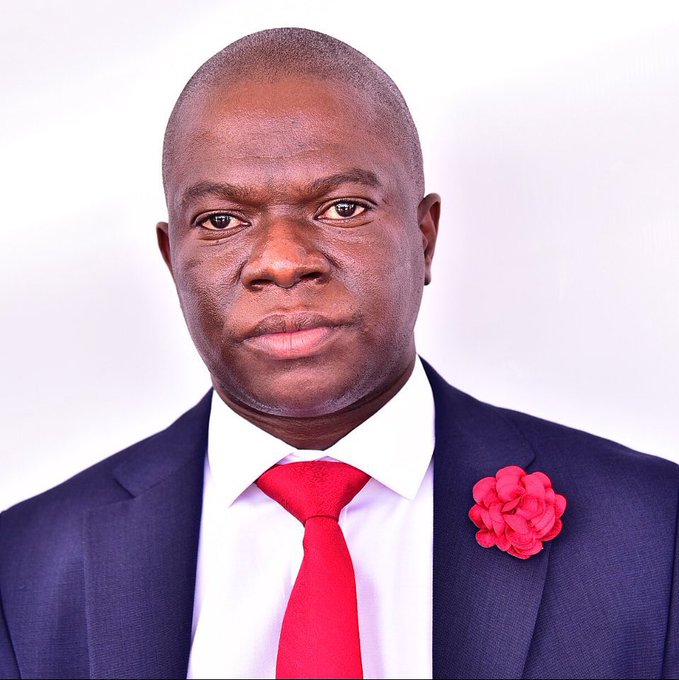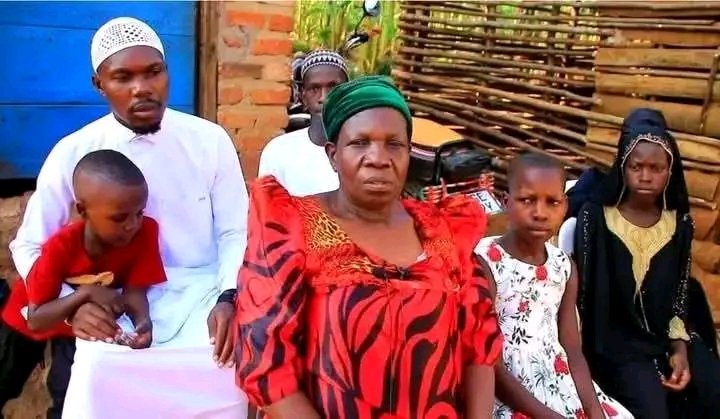The recent revelation from DNA tests confirming that the late Hon. Muhammad Ssegirinya fathered only four of the nine children presented after his death has sent shockwaves through his family and the public, intensifying an already complex inheritance dispute. Ssegirinya, the former Kawempe North Member of Parliament, passed away in January 2025, leaving behind a contested estate and multiple claims from women asserting to be his widows and mothers of his children.
According to Alex Lusswa Luwemba, Ssegirinya’s longtime assistant, the DNA results conclusively established that only four children were biologically related to the late MP. These children are Nagirinya Aaliyah, Sharifah Nagirinya, Shifrah Nagirinya, and Ivan. The other five children, including those presented by some of the most vocal claimants, were found not to be his biological offspring. Notably, Twahirah Akandinda Ssegirinya, a 30-year-old widow, had presented two children who were both excluded by the DNA tests. Similarly, Nalongo Joy from Matugga, who claimed that Ssegirinya fathered her nine-month-old baby conceived around his birthday in 2023, was also disproved by the tests.
This disclosure has intensified the dispute over Ssegirinya’s estate, which has been fraught with tension since his passing. Multiple women have vied publicly for recognition and control of the late MP’s assets, with some even engaging in political maneuvers, such as Akandinda’s attempt to contest in the Kawempe by-election. The DNA results mark a critical turning point in this saga, providing a scientific basis to resolve the paternity claims and potentially streamline the inheritance process.
Luwemba revealed that the family’s legal team, led by lawyer Medard Lubega Ssegona, is now working to secure letters of administration for the four confirmed children, as Ssegirinya died intestate—without a will. This legal step is crucial to formalize the rightful heirs and manage the estate’s distribution. However, the situation remains delicate, as some of the women whose children were excluded by the DNA results have expressed intentions to challenge the findings. They have reportedly questioned the reliability of the local DNA testing and are seeking independent tests abroad, which could prolong the dispute.
The assistant emphasized that once all legal procedures are completed, those not biologically related to Ssegirinya will be given adequate time to vacate the properties linked to the late MP. This approach aims to balance fairness with the need to restore order and clarity regarding the estate. The ongoing dispute has not only strained family relations but also attracted public attention, highlighting the complexities that arise when prominent figures pass away without clear testamentary documents.

The case of Hon. Muhammad Ssegirinya underscores the importance of clear legal documentation, such as wills, to prevent protracted conflicts over inheritance. It also illustrates the role of modern forensic science in resolving familial disputes, especially in cases involving multiple claimants. As the legal process unfolds, the confirmed paternity of only four children will likely shape the final settlement of Ssegirinya’s estate, bringing some measure of closure to a contentious chapter.
In conclusion, while the DNA test results have clarified the biological relationships of the children presented, the broader family dispute over Hon. Muhammad Ssegirinya’s estate is far from over. The anticipated appeals and calls for further testing suggest that the resolution will require patience and legal rigor. Nonetheless, this development provides a foundation for a more orderly inheritance process and highlights the critical need for transparent estate planning.

